In English
14 de fevereiro de 2022
Writing the Future – Junior Reporter – Level 2
Article published in Joca 181
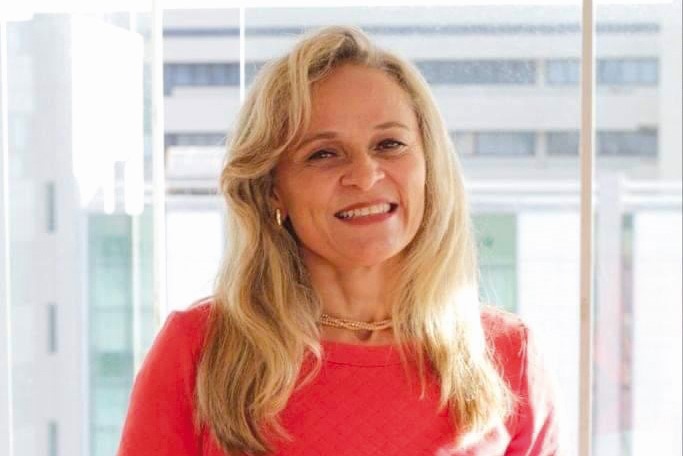
When she realized that many people had questions about financial education (which teaches how to plan for expenses and take care of money), economist Josi Gomes Barros decided to write books for children and young people on the subject. However, as she was planning her works, Josi decided to dig deeper and discovered that thinking about the future also means taking care of the future of the Earth. Thus, Coleção Consciente de Educação Financeira (The Conscious Collection of Financial Education) was born. It seeks to bring together the concepts of sustainability and economics.
Curious to find out more about Josi’s work, junior reporter Larissa P., aged X, chatted with the writer.
What was the first book you wrote?
I think it was during my childhood. I’ve always liked books and reading, because I think it’s the best way to travel without leaving a place, and when we’re children our imagination is even bigger. I remember I wrote a children’s book called O Enigma da Banheira (The Bathtub Enigma), but unfortunately I never published it. Then, during my teens and early adulthood, I forgot about that side [of being a writer]. Afterwards when I was already working as an economist, I wrote my first book Educação Financeira para uma Vida Melhor (Financial Education for a Better Life), which was part of a financial education project. This led me to write other books.
How do you come up with good ideas for writing?
I have a great desire to make this world a better place. I want a lot of good things to happen and us to be more responsible towards our planet, which is so important. This desire for transformation is something that moves me. A second inspiration comes from my nine-year-old daughter, Julia, who inspires me every day.
How was going back to writing?
I decided to write a series of financial education books for children and teens, called Coleção Consciente de Educação Financeira (Conscious Collection of Financial Education), which would span the entire education cycle, from kindergarten through high school. But since I don’t believe that everything is tied to money, I developed a method, before writing the series, that discusses financial education based on sustainability. Money helps bring transformation, but it relies on sustainability, because if we don’t take care of the environment, which is where we get our natural resources from, we will not be able to make this change. People also need to be treated more equally, and everyone needs to have quality of life. Based on this, I wrote a series with 15 volumes for students and 15 volumes for teachers.
How do you show children that financial education can be interesting?
Usually, we absorb information better through stories than through mathematical calculations, for example. For this reason, I wanted to bring out this playful side through characters and stories related to everyday life that always bring some challenge.
How did you transform the desire to change the world into educating children and young people?
I strongly believe in the power of children. You have great potential, because young people do not want the world to be any which way. As adults, we have a responsibility to provide a better world, but I only believe in this transformation, because I know we can count on young people.
How are books made?
Books are very magical, because you start working on a story and you change it over time. It may happen that you write something and, the next day, decide to change everything or improve something. This process, which goes from coming up with the ideas for the characters to the story, takes about a year or two. When the story is ready, other professionals read and proofread the book, because my idea may be wonderful, but it may not have been expressed very well or it may contain grammatical errors. Afterwards, I like to take part in the other stages. When the illustrator is going to create the scenarios, for example, I like to give ideas. There’s also the layout process [when the story is laid out on the pages, usually by a designer] and choosing the paper, and I like to be involved in everything. Finally, the book goes to the printer and is printed.
Is writing books easy?
It’s challenging, but it’s a passion of mine. People who write books are very generous, because you expose yourself and make your book available to many people who will like it, but others may criticize it. So it’s hard, but it’s enjoyable!
Questions
1) According to Josi, why is sustainability important for the economy?
a) Because being sustainable is not expensive
b) Because planning our future means taking care of the future of the Earth
c) To make donations to sustainable companies
d) Actually, it is not important.
2) In her opinion, is it important to learn to take care of money from an early age? Why?
Ixi! Você bateu no paywall!
Ainda não é assinante? Assine agora e tenha acesso ilimitado ao conteúdo do Joca.

Assinante? Faça Login
Voltar para a homeOu faça sua assinatura e tenha acesso a todo o conteúdo do Joca
AssineComentários (1)
-

aluno.somar20
3 anos atrás
ok love
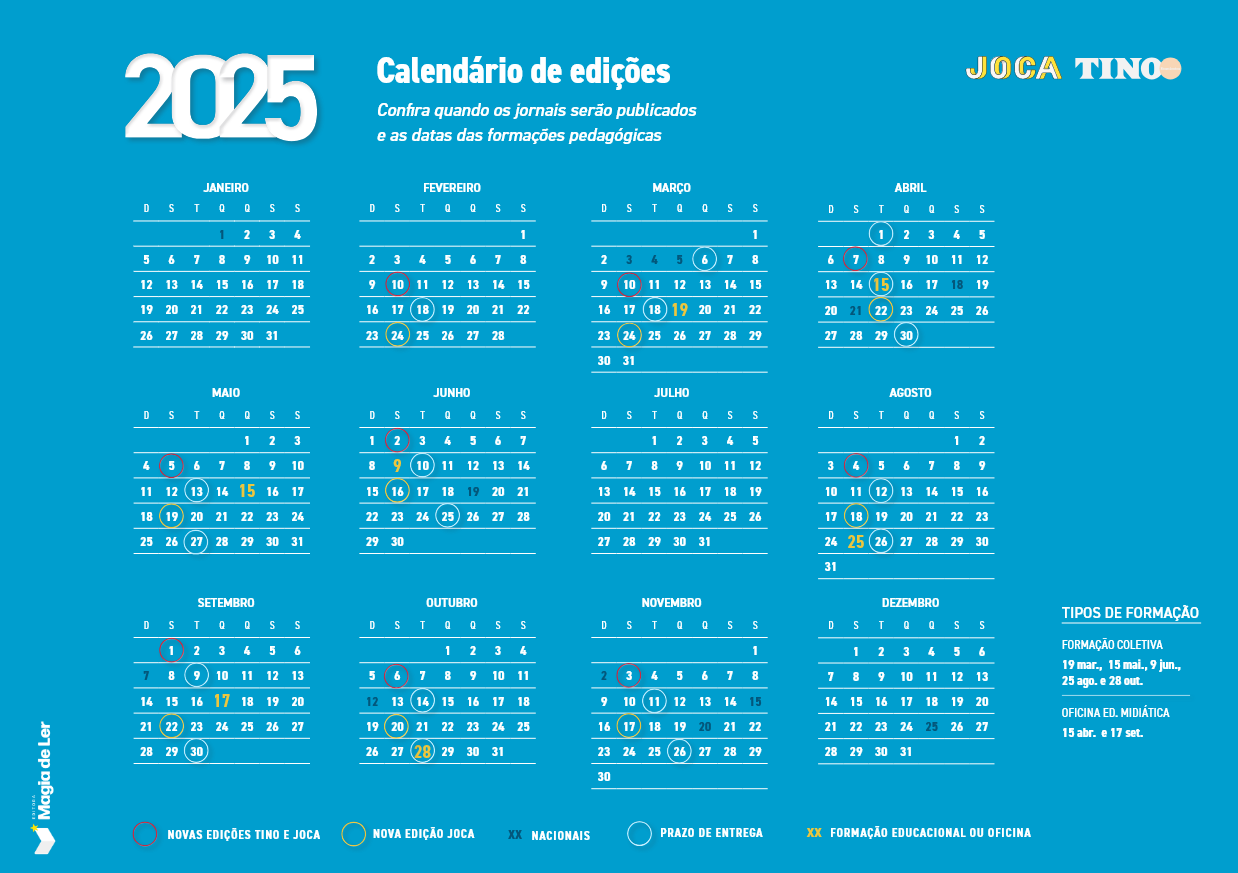
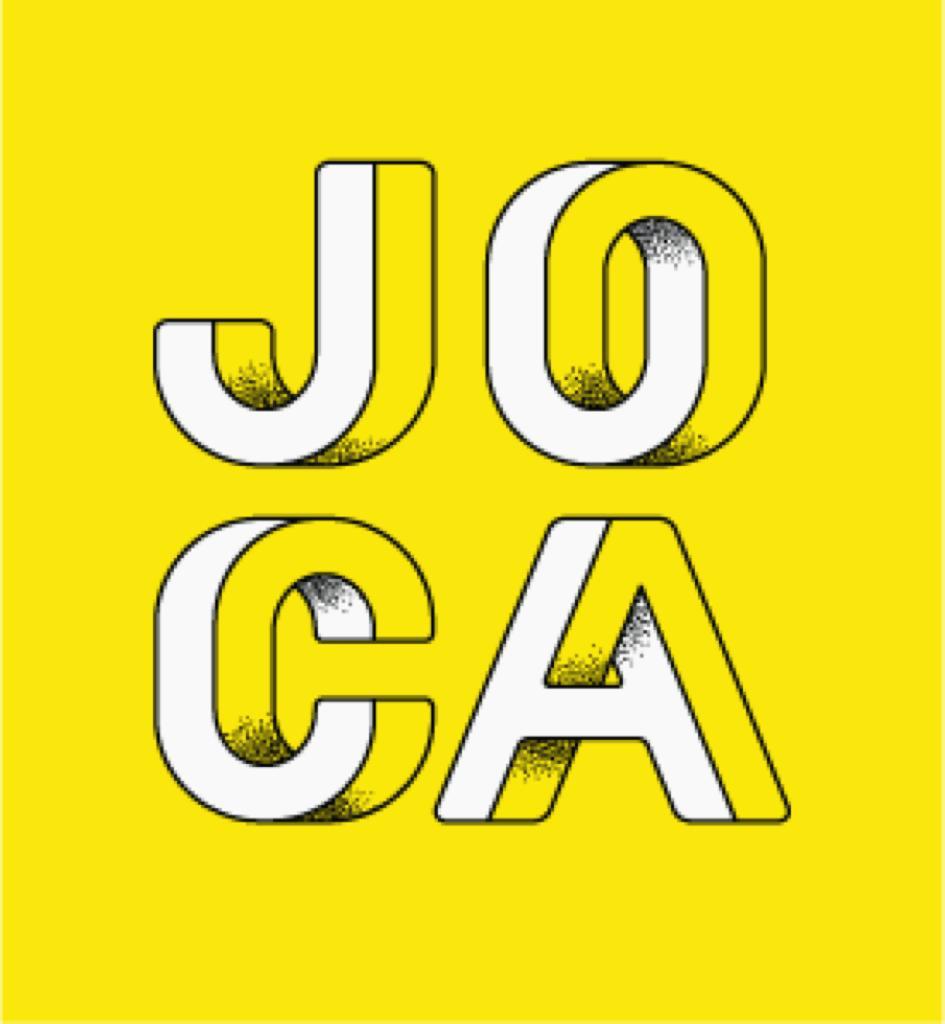



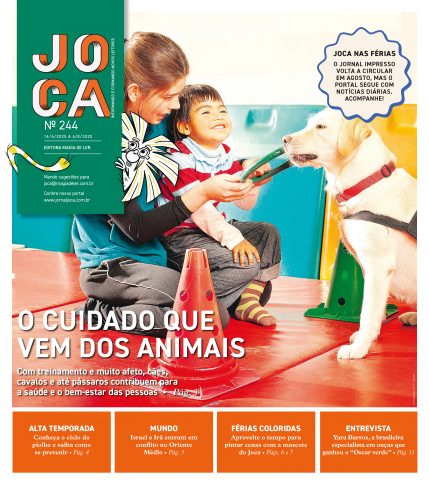

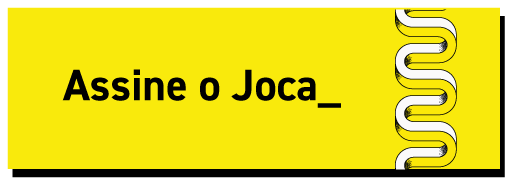
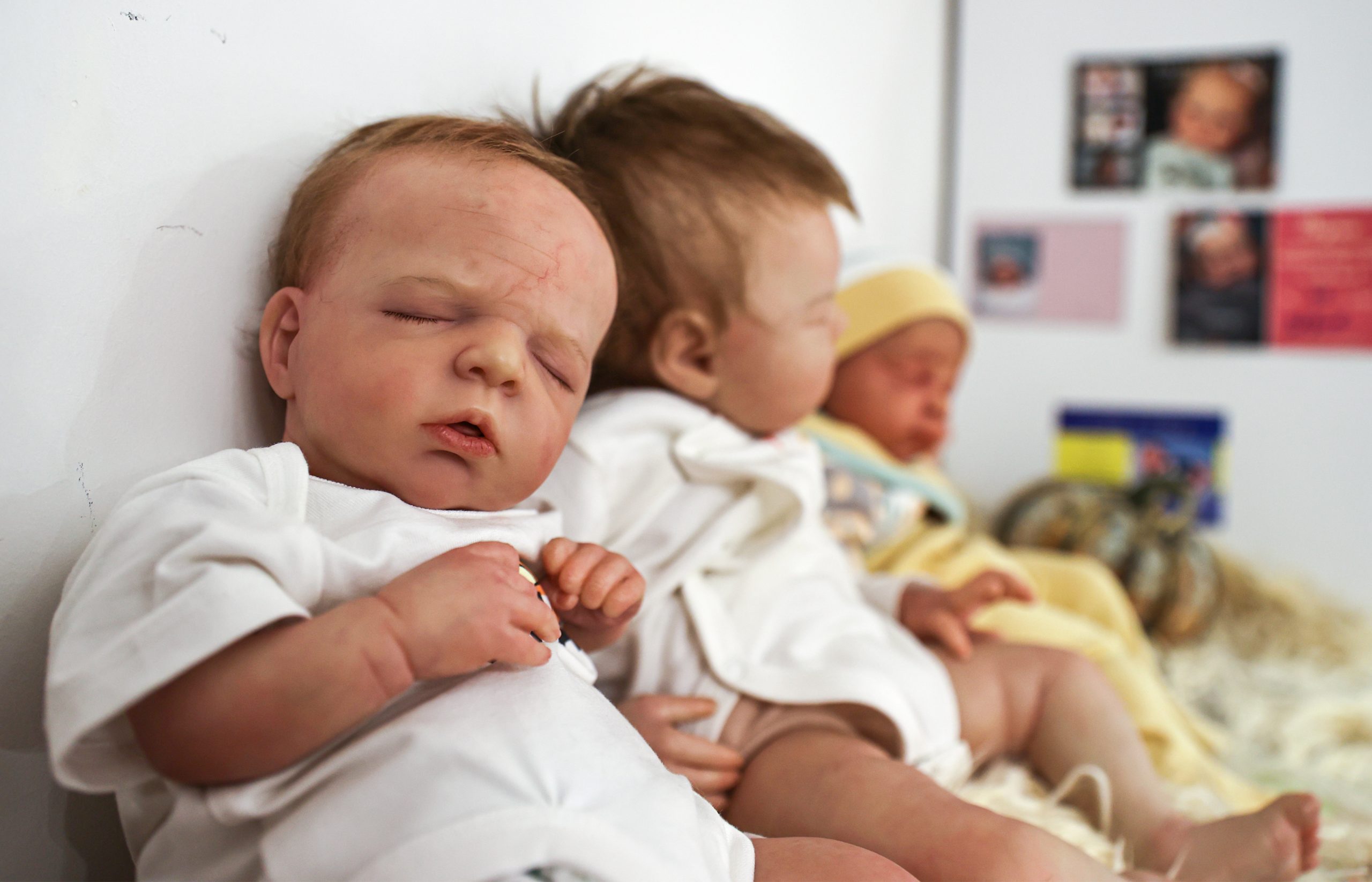

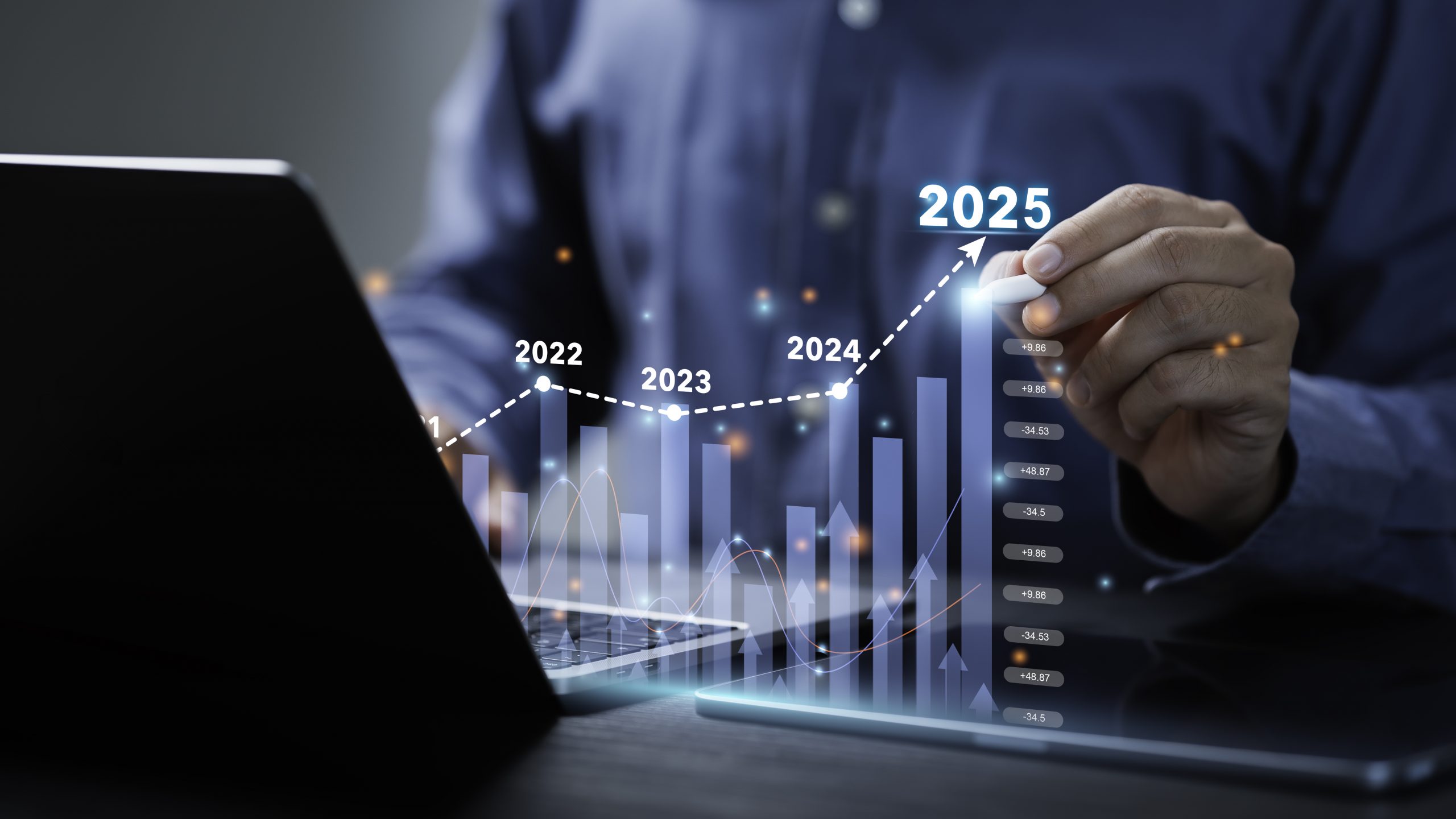
Você precisa fazer o login para publicar um comentário.